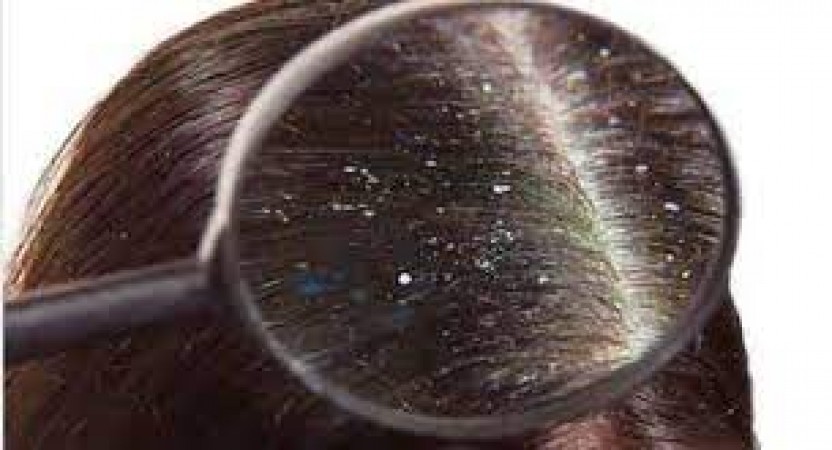
Winter brings with it a plethora of delights - snowfall, cozy sweaters, and hot cocoa by the fireplace. However, for some, it also ushers in an unwelcome guest: dandruff. Let's delve into the intricate reasons behind the winter flare-up of those pesky white flakes.
The drop in temperature during winter is synonymous with low humidity levels. This dry environment can wreak havoc on your scalp, leading to excessive dryness. As the scalp loses moisture, it becomes prone to flaking, giving rise to dandruff.
Dandruff isn't solely a consequence of dry skin; it's a party that involves microscopic gatecrashers. The Malassezia fungus, naturally present on the scalp, tends to multiply in warmer areas. However, the colder weather doesn't deter its presence, and an overgrowth of this fungus can trigger dandruff.
Winter often tempts us to indulge in hot showers, seeking warmth from the biting cold outside. Ironically, these soothing showers can exacerbate dandruff. Hot water strips the scalp of essential oils, leaving it parched and vulnerable.
The sun, a natural source of vitamin D, tends to shy away during winter. Vitamin D plays a crucial role in maintaining a healthy scalp. Its deficiency can contribute to various scalp issues, including dandruff.
Combat the dry winter air by staying hydrated. Drink ample water to ensure your body, including your scalp, stays moisturized from within.
Upgrade your hair care routine by opting for a moisturizing shampoo. Look for products that contain hydrating ingredients like aloe vera or glycerin.
As tempting as hot showers may be, opt for lukewarm water. This prevents excessive drying of the scalp, maintaining a healthy balance of oils.
When the sun peeks through the winter clouds, seize the opportunity for some sunlight exposure. It's not only good for your mood but also beneficial for your scalp health.
Treat your scalp to regular massages using nourishing oils like coconut or olive oil. This stimulates blood circulation and keeps your scalp moisturized.
A balanced diet rich in vitamins and minerals contributes to overall scalp health. Include foods like fish, nuts, and leafy greens to fortify your scalp against winter woes.
While hats protect you from the cold, wearing them constantly can create a breeding ground for dandruff. Ensure your scalp gets some breathing space too.
If winter dandruff persists despite your efforts, seeking professional advice is crucial. A dermatologist can provide personalized solutions based on your scalp's specific needs.
In the winter battle against dandruff, armed with knowledge and a few lifestyle tweaks, you can emerge victorious. Bid farewell to the snowfall on your shoulders, and embrace the season with a flake-free, healthy scalp.
If you want to enjoy the World Cup final on Laptop, Smart TV or Tab, then follow these tricks
Argentina Elects Javier Milei as President Amid Economic Discontent
World Heritage Week: Celebrating Cultural and Natural Treasures